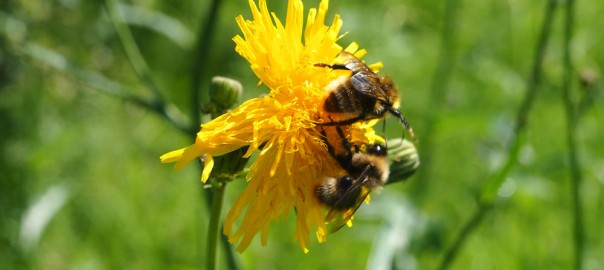Given the frequency of news stories reporting on the UK’s declining honey bee and bumblebee numbers, many Brits are under the impression that the bee is protected by British law. But they are mistaken.
Bees are so vital to our nation’s biodiversity and their role as pollinators that many are calling for them to be offered the same refuge granted to protected species under the 1981 Wildlife and Countryside Act (WCA).
However, while bees aren’t protected, pest controllers can be fined for reckless use of pesticides, as poisoning a honey bee colony does carry a legal responsibility – poisoned bees might access and poison other stores of honey and honeycomb. As it is recognised that the honey bee’s numbers are in decline, many pest control companies work with local beekeepers to contain and relocate troublesome swarms rather than irradiate them.
So if you have a worrying number of bees surrounding your property, it is recommended that you do a bit of research and contact a pest controller that will treat the problem in an efficient but responsible manner.
Also, do remember that bees are an integral part of the British countryside, and consider whether or not the bees are an immediate threat to you and your family. Unlike the more aggressive wasp, a bee’s sting will prove fatal to the bee, and is therefore a measure that bees will only resort to if their nest is at risk.





